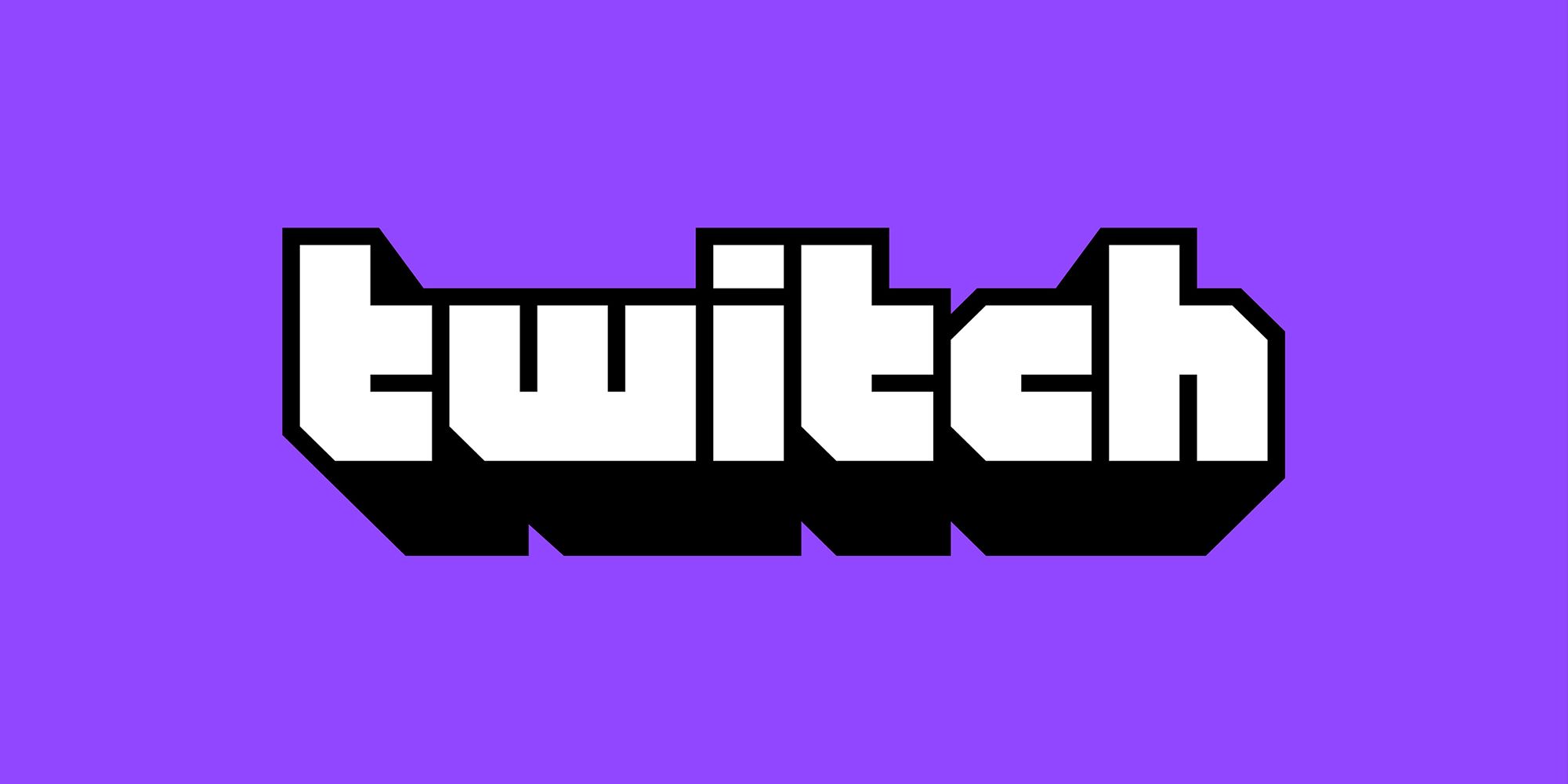Twitch recently took to Twitter to address backlash over the replacement of the PogChamp emote, a decision made following the riot at the U.S. Capitol Building last Wednesday. In the past week, multiple social media platforms such as Facebook, Twitter, and Instagram have been purging their respective platforms of any accounts and pages that might be linked to the event, including those that they believe might be at risk of inciting further violence. The most prominent example of this was the permanent ban of President Trump’s Twitter account, which was taken offline hours after the riot had concluded.
In this case, the PogChamp emote was banned due to tweets sent out by the face of the emote, Ryan “Gootecks” Gutierrez. In his tweet last Wednesday, he speculated as to whether there would be “civil unrest” for the woman who was killed by a police officer during the riot. He also referred to her as a “MAGA Martyr” who “gave her life for our country.” Although his Twitter account has since been locked, he recently tweeted that the suspension was due to his tweets about hydroxychloroquine last August and is unrelated to a graphic video he posted Wednesday of the woman’s death. Twitch’s ban of the PogChamp emote, however, is directly related to his recent Twitter activity.
As a replacement, Twitch began offering emotes of different content creators making a similar face to the original PogChamp emote and cycling through them every 24 hours. However, internet trolls quickly began hurling hate speech at the faces of the new emotes, prompting Twitch to respond via Twitter on Tuesday. In the website's response, it states that the new PogChamp emotes are a way to highlight its “creators and fans of all backgrounds” and that “hateful content and harassment…have no place on Twitch, social media, or anywhere else.”
While many deserving accounts have been removed from social media websites as a result of Wednesday’s riot, it is not immediately clear how the decision is made to identify them. This has led to some accidental bans, such as the recent Facebook ban of a Fallout 76 group. However, despite the overwhelming popularity and legendary status of the PogChamp emote, which has been a Twitch staple for 8 years, Twitch should still be lauded for its decision to remove the emote. Platforms such as Twitch and YouTube are significantly more difficult to monitor due to their primary content being in video format (rather than in writing), so it is commendable that Twitch’s owners saw an opportunity to make a statement and took it.
Internet trolls are nothing new. In fact, their existence is often a contributing factor to how events like last Wednesday’s riot come to pass. However, as every online gamer knows, one never wants to “feed” the troll or give in to their behavior. Although many Twitch users are understandably saddened to see the original PogChamp emote go, most understand the reasoning behind it and support Twitch’s attempts at finding a replacement. Unfortunately, there is a vocal minority of users who would prefer to use the emote’s removal as an opportunity to stoke divisive fires. Luckily, Twitch’s statement on Twitter is a welcome reminder that the gaming community is more than capable of rising above that kind of behavior.
Source: Twitter

